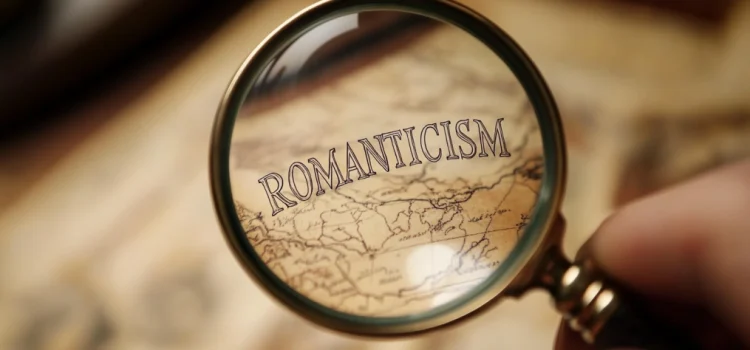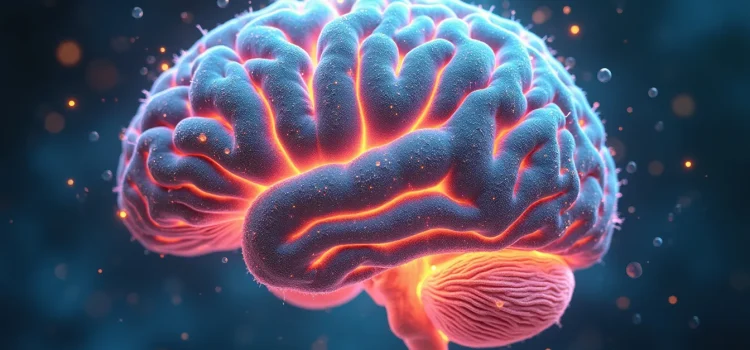Is it ethical to edit the genes of future generations? What are the potential benefits and risks of germline editing? Germline editing ethics is a complex and controversial topic. Scientists and philosophers debate the morality of altering DNA that can be passed down to future offspring. In The Code Breaker, Walter Isaacson shares arguments for and against this practice. Keep reading to explore the nuanced perspectives on this cutting-edge technology and its implications for humanity’s future.
Germline Editing Ethics: Walter Isaacson Lays Out the Debate










